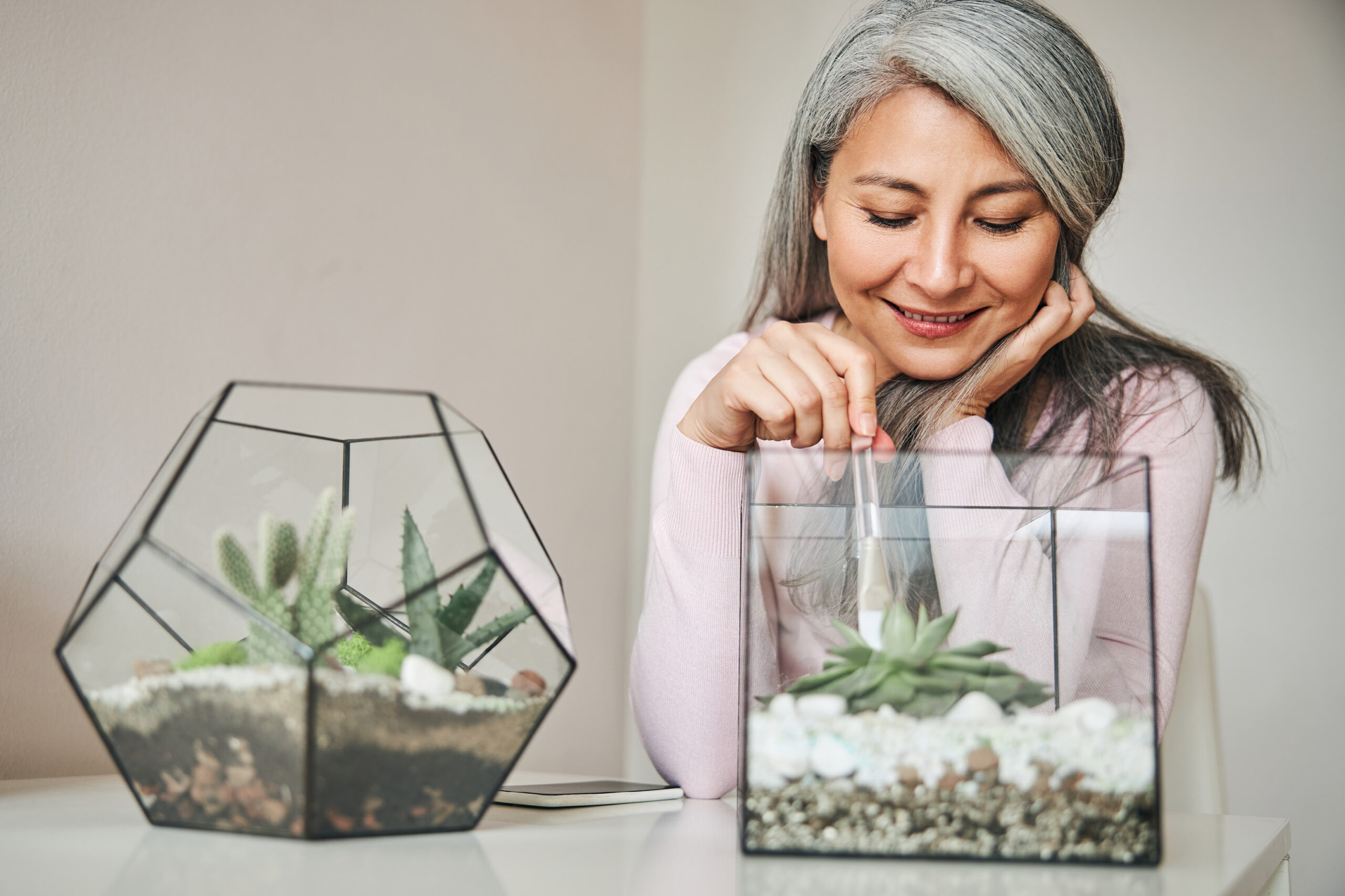During these unusual times, meditation has become a staple in many people’s lives. There is so much going on it’s important to be present and live in the moment in order to not get overwhelmed. Unearth the incredible benefits of meditation and learn about several mindful activities that are not only fun but positive for your mental health.
Meditation
There’s a reason meditation has become so popular. Published studies have found that learning how to meditate and slow things down can reduce stress and help you gain a calmer and clearer mind. Some people recommend avoiding the things that cause you to stress, but that might not be a realistic option. Unfortunately, if someone has financial issues, they cannot simply get rid of their debt and remove that stressor. That’s where meditation comes in. When we’re stressed, our body produces a hormone caused cortisol, which can impair your memory, increase anxiety, and lead to sleep issues. Mindful meditation has been proven to lower cortisol levels and help us get out of “fight-or-flight” mode. Keep in mind your brain is mailable and can actually change. You can work your brain like you work a muscle. Meditation has been proven to lower blood pressure, help with depression, decrease pain, and increase happiness. People often gain a heightened sense of well-being and improved concentration. There are tons of apps, videos, and studies that can teach you techniques on different meditation types. Even if you meditate for just a few minutes a day, you will start seeing the benefits.
 Mindful Activities
Mindful Activities
Meditation is an incredible and effective way to help ease your mind and reduce stress, but there are also mindful activities that have been proven to have similar results. These activities allow you to focus almost solely on what you’re doing and be present in that moment.
Coloring: Sharpen your colored pencils and grab a coloring book. Researchers discovered that coloring and other similar activities activate parts of the brain that support creativity and logic. Since it utilizes both sides of the brain’s cerebral cortex, it’s an excellent mind exercise. Coloring can also decrease anxiety levels, help relieve stress, and even build your mental strength. There are a ton of coloring books out there for adults.

Brain games: Brain games stimulate your mind, improve your focus, and increase cogitative flexibility. While playing games, your brain tends to go on autopilot, allowing you to focus on the present moment.
Puzzles: It’s not puzzling why so many people have recently started doing more puzzles. While working on them, people tend to feel like things are in order. It’s a great way to manage stress during the day and an excellent way to exercise mindfulness. There is also a high level of satisfaction that comes from creating order out of chaos. While putting together pieces, you can stop overthinking and stop worrying and simply focus on what’s in front of you.

Crafts: Getting crafty has numerous benefits, which is why it’s no surprise it’s been incorporated in multiple areas of therapy. Doing arts and crafts allows you to enter a state of flow. A few psychological benefits from crafts include: stress release, increased happiness, reduced anxiety, improved memory, a higher sense of calm, improved concentration, and more. Crafting can even help people suffering from depression and chronic pain. Say goodbye to ruminating thoughts and anxiety and start a new project.
Gardening/Planting: Gardening can be a great way to relieve stress and help put people in a positive mood. Whether you have a vast backyard or a small patio, the act of working with plants and nature can calm your mind. When you have your hands in the soil, you are in the present. If it’s wintertime and you want to stay indoors try creating succulent terrariums or little herb gardens to place around your kitchen. Gardening and working with nature have shown to significantly reduce cortisol levels, a hormone produced by the body during stressful times.


